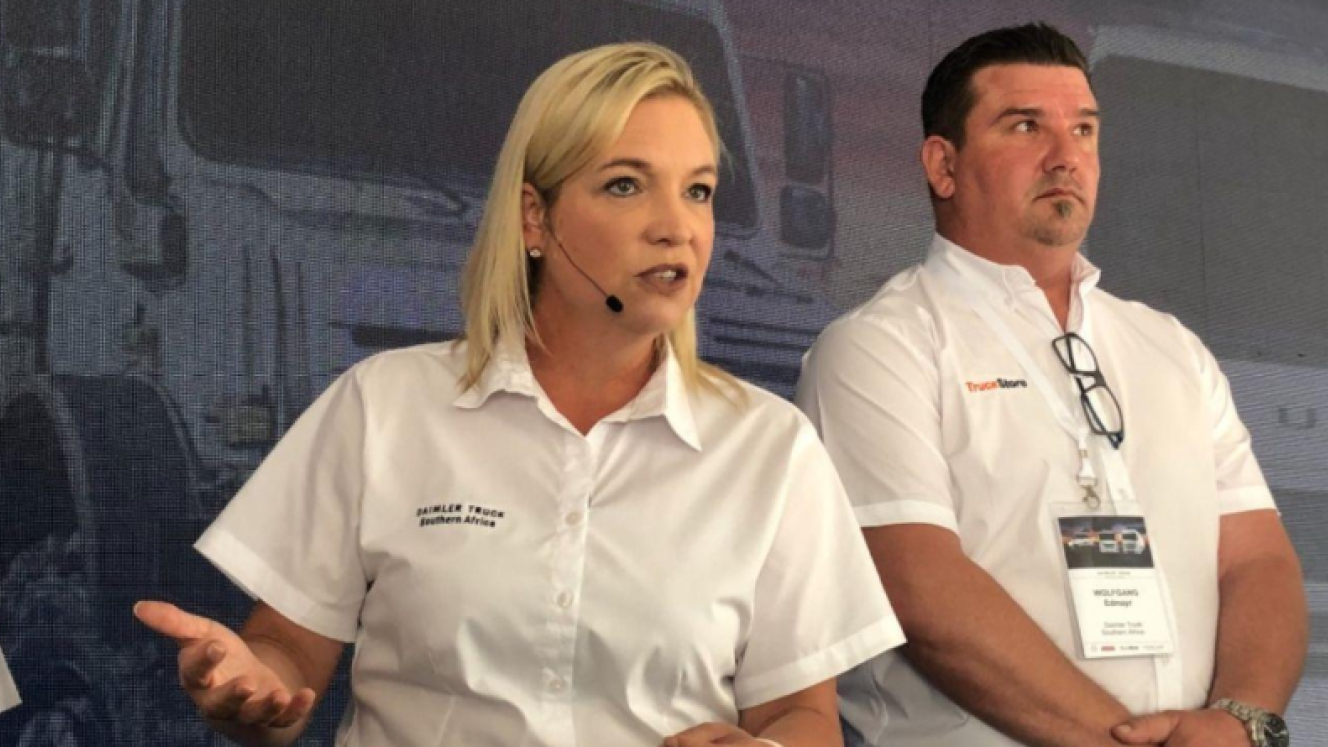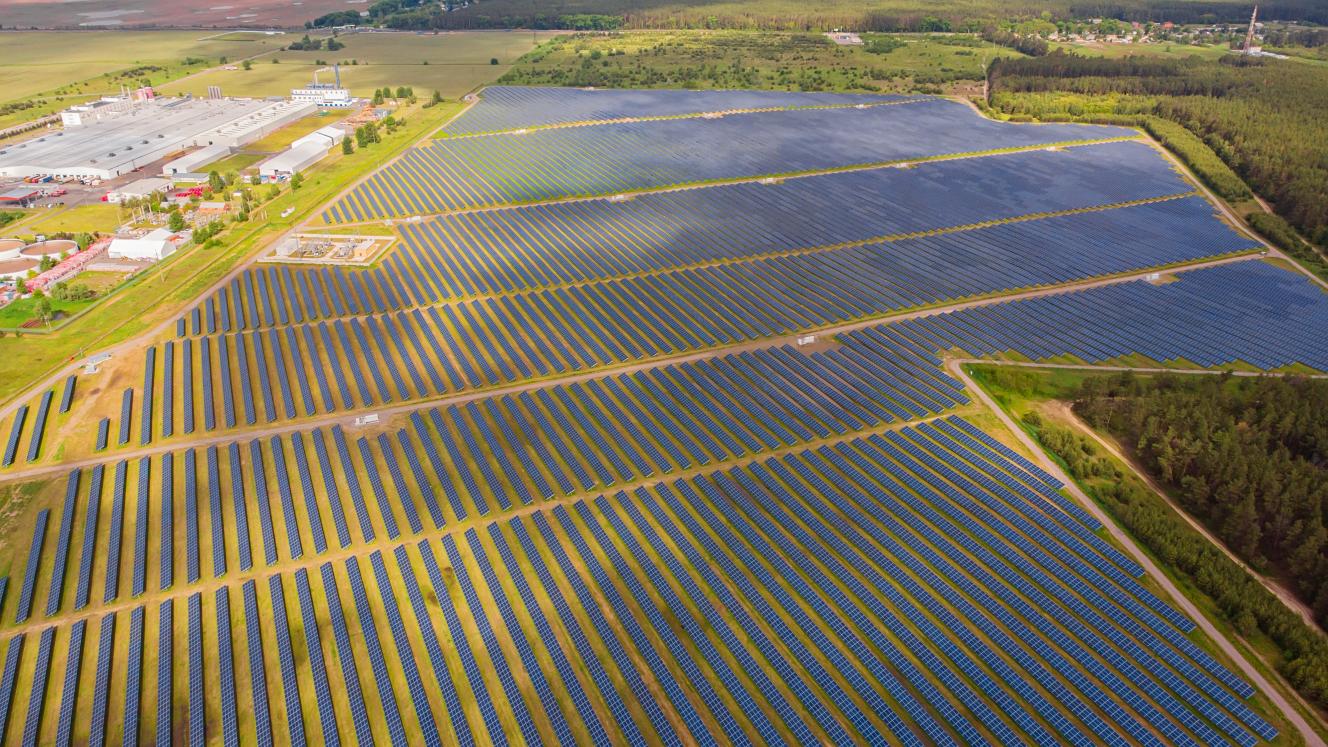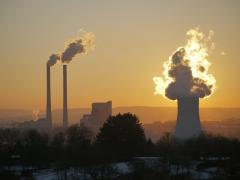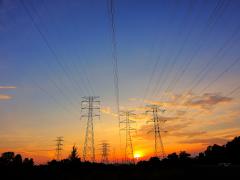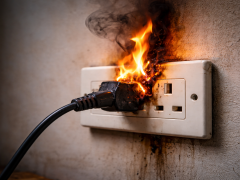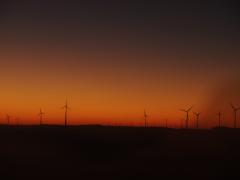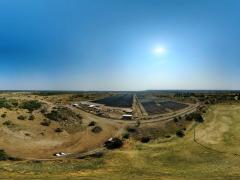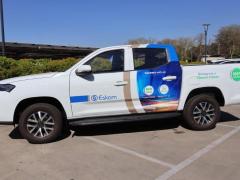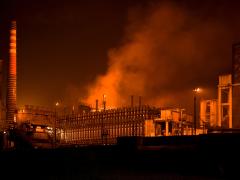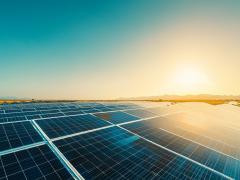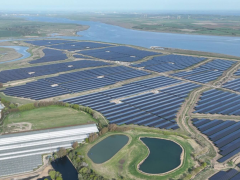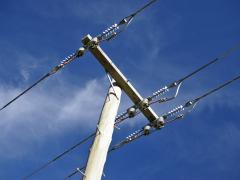Daimler Truck Southern Africa has warned that South Africa is falling behind global standards in the decarbonisation of the road freight sector due to outdated emissions regulations and the slow uptake of zero-emission trucks.
Speaking at an industry showcase hosted by Daimler earlier this week, Daimler’s Vice President of Sales and Marketing, Olaf Petersen, said sales of the company’s electric trucks and other e-mobility units were well below initial targets. “It’s not taking off at all,” he said.
South Africa still operates under the Euro 2 emissions standard, which is about 15 years behind current global norms, said Daimler President and CEO, Maretha Gerber. “Most new trucks in Europe comply with Euro 6 or stricter rules, supported by regulations to reduce heavy-duty vehicle CO₂ emissions by 15% by 2025 and 30% by 2030, relative to 2019 level.”
According to Gerber, the Automotive Business Council has written to the Department of Trade, Industry and Competition, the Department of Transport, and the Department of Energy, urging action on a 2027 deadline for introducing cleaner fuel technologies. “Without updated standards, manufacturers cannot bring advanced low-emission vehicles to the local market,” she said.
She warned that the lack of regulatory progress is preventing Daimler from introducing modern Euro 5, 6 and 7 products, while also slowing the rollout of charging infrastructure and grid readiness needed to support future electric and hydrogen-powered freight vehicles.
“As an industry, we must progress because it’s limiting our ability to bring higher-quality vehicles and better technology,” Gerber said.
